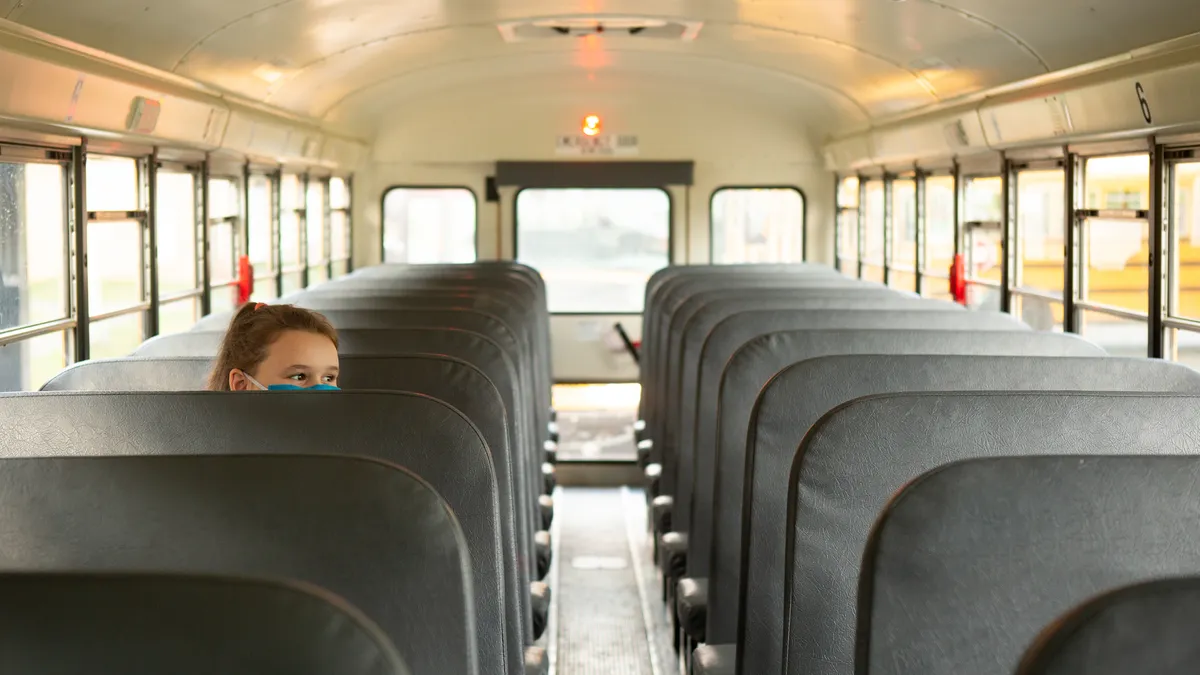Dive Brief:
- Over the past 15 years, public charter schools — the hallmarks of which are autonomy, choice, variety in design, and stronger accountability than their traditional counterparts — have been able to boost student achievement gains. This is especially true in charter schools catering to high-minority, high-poverty populations.
- Reacting to this new competition in their midst, urban public school districts began seeking ways to realize similar results. That led to hybrids popping up, district-run “autonomous” schools that can opt out of many district policies and, in some models, even union contracts.
- But a new report from the Progressive Policy Institute, which includes an analysis of test scores from 2015 and 2016, and interviews with participants in Boston, Memphis, Denver, and Los Angeles, finds that districts struggle to produce the same results as actual charter schools. The report also includes guidance for districts considering such a strategy.
Dive Insight:
The theory behind school-level autonomy is that students can achieve more if those who understand their needs best – namely, principals and teachers, not the central office – make the decisions that affect their learning. It is clear that cities with strong charter systems can secure better outcomes for students.
However, contentious political environments in many cities often limit efforts to create independent charters run by outside organizations (usually nonprofits). Enter the district-run "charter-lite" schools. For the most part, these hybrid models have not achieved results comparable to charter schools. One of the most important differences between the two is the degree of autonomy, in particular around staffing. If, in "charter lite" schools, leaders have true autonomy and hold their schools accountable for results, increases in school achievement on the order of strong charter sectors may be realized. Then districts can ensure each school has the incentives and the autonomy to continuously innovate and improve.
Innovative schools, as a general concept, are in high demand. The idea of school choice, which goes hand-in-hand with charter-style models, has seen increased support of late as well.













